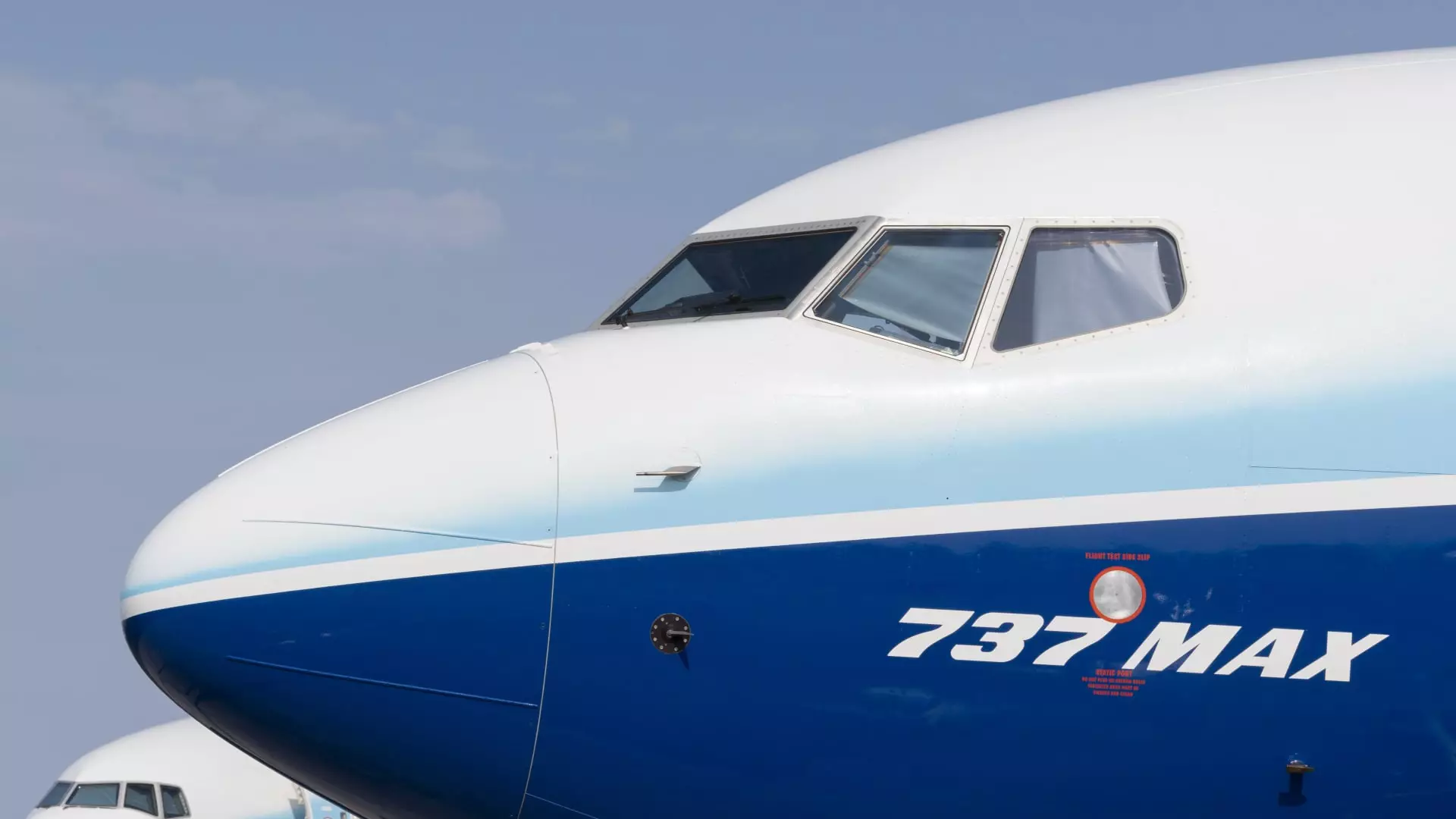Around five years ago, the aviation industry was shaken by two tragic plane crashes involving Boeing 737 Max 8 planes in Indonesia and Ethiopia, resulting in the loss of 346 lives. The incidents raised serious concerns about the safety and reliability of Boeing’s flagship aircraft. In January 2024, another alarming incident took place when a door plug blew off an Alaska Airlines 737 Max 9 plane mid-flight. An investigation revealed that the door panel was missing four crucial bolts, highlighting significant quality control issues in Boeing’s manufacturing process.
Following the Alaska Airlines incident, the Department of Justice launched a criminal investigation into the matter, signaling the gravity of the situation. The Federal Aviation Administration (FAA) also conducted an audit of Boeing and its supplier Spirit AeroSystem’s 737 Max production process, uncovering additional quality control problems. As a result, the FAA imposed restrictions on Boeing’s production capacity until satisfactory improvements were made to ensure the safety of the aircraft.
Boeing responded to the crisis by implementing major management changes, including the replacement of key executives in the company’s leadership team. These changes were aimed at addressing the underlying issues that led to the door plug incident and restoring confidence in Boeing’s operations. However, the management shake-up resulted in further delays in aircraft deliveries and drew criticism from Boeing’s airline partners. Dave Calhoun, who took over as CEO in 2020 amidst the Max crisis, announced his plans to step down by the end of 2024, signaling a period of transition for the company.
As Boeing navigates through the aftermath of the 737 Max crisis, the future of its best-selling jet remains uncertain. The company faces challenges in rebuilding trust with regulators, customers, and the public, as well as in addressing systemic issues in its manufacturing and quality control processes. The long-term impact of the crisis on Boeing’s reputation and market position remains to be seen, but it is clear that significant changes are needed to prevent similar incidents in the future.
The Boeing 737 Max crisis serves as a stark reminder of the importance of upholding rigorous safety standards in the aviation industry. The series of events that unfolded underscore the critical need for transparency, accountability, and continuous improvement in aircraft manufacturing and maintenance practices. Boeing’s response to the crisis will shape its trajectory in the coming years and will determine whether the company can regain the trust and confidence of stakeholders in the aviation ecosystem.

